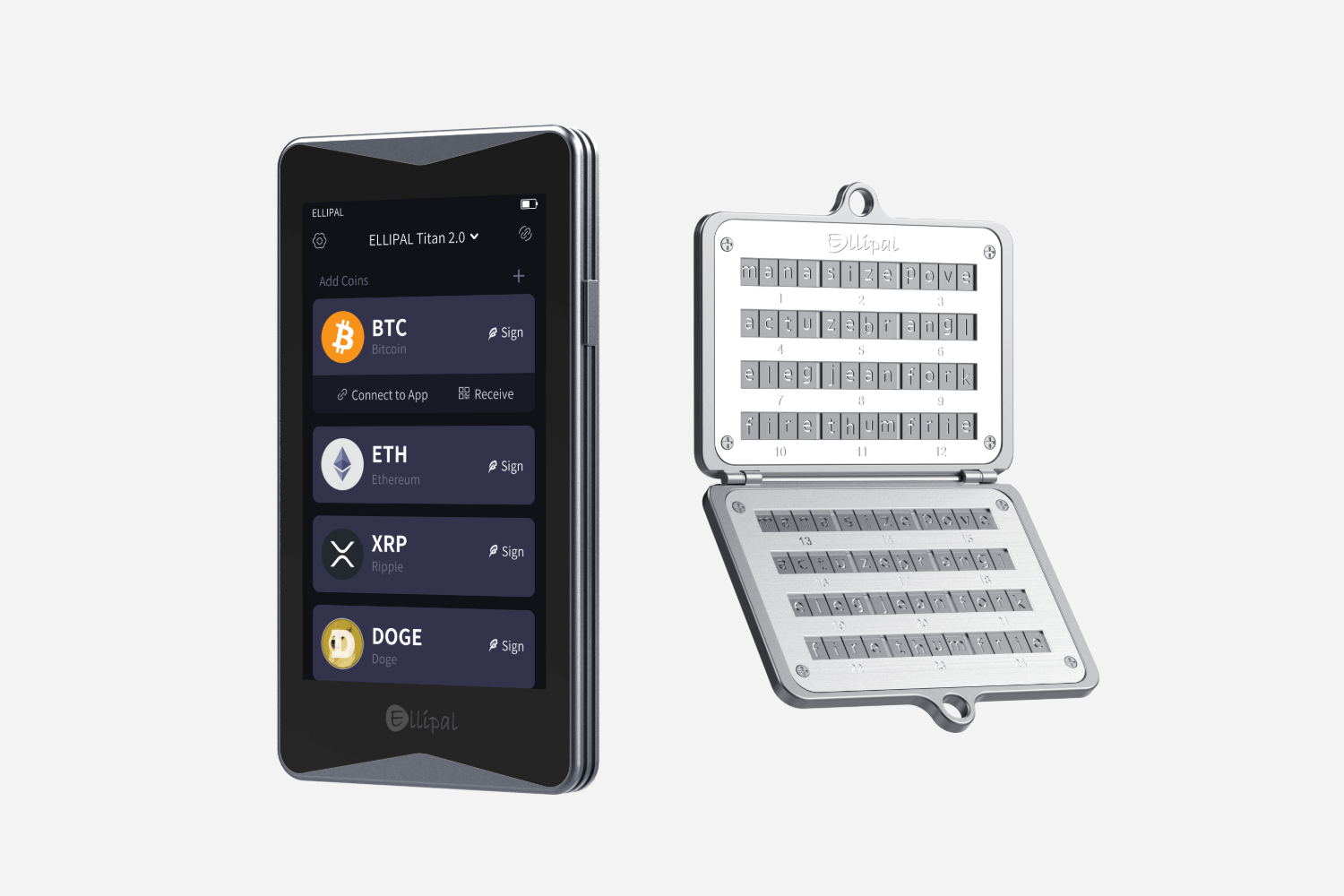Maximizing Security: Tips for Keeping Your Cold Wallet Safe and Protected
Cuerpo
In the world of cryptocurrency, ensuring the safety of your digital assets is paramount. One of the most effective ways to secure your holdings is by using a cold wallet. But what exactly is a cold wallet, and how can you maximize its security? This article delves into the intricacies of cold wallets and provides actionable tips to keep them safe.

What is a Cold Wallet?
A cold wallet is a type of cryptocurrency wallet that is not connected to the internet. This offline nature makes it significantly less vulnerable to hacking attempts compared to online wallets, also known as hot wallets. Cold wallets can come in various forms, including hardware wallets, paper wallets, and even physical coins.
Types of Cold Wallets
- Hardware Wallets: These are physical devices designed to store private keys securely. Examples include the Ledger Nano S and Trezor.
- Paper Wallets: These are physical pieces of paper that contain your private and public keys. They are generated offline and can be stored in a safe place.
- Physical Coins: These are actual coins with a tamper-evident sticker that conceals a private key.
Why Use a Cold Wallet?
Using a cold wallet offers several advantages. Primarily, it provides an extra layer of security by keeping your private keys offline. This minimizes the risk of cyber-attacks, phishing scams, and malware infections. Additionally, cold wallets are ideal for long-term storage of large amounts of cryptocurrency.
Security Tips for Cold Wallets
How can you ensure that your cold wallet remains secure? Here are some essential tips:
- Keep Your Recovery Phrase Safe: Most hardware wallets provide a recovery phrase. Store this phrase in a secure location, separate from your wallet.
- Use Strong Passwords: If your cold wallet supports password protection, use a strong, unique password.
- Store in a Safe Place: Physical security is just as important. Keep your cold wallet in a secure location, such as a safe or a safety deposit box.
- Regularly Update Firmware: For hardware wallets, ensure that you regularly update the firmware to benefit from the latest security features.
Real-World Examples
Consider the Ledger Nano S, a popular hardware wallet known for its robust security features. It supports multiple cryptocurrencies and provides a secure way to manage your digital assets. Another example is the Trezor Model T, which offers a touchscreen interface and advanced security protocols.
"The Ledger Nano S is a reliable choice for anyone looking to secure their cryptocurrency holdings offline." - Crypto Expert
Conclusion
In conclusion, a cold wallet is an indispensable tool for anyone serious about securing their cryptocurrency. By understanding the different types of cold wallets and following essential security tips, you can significantly reduce the risk of losing your digital assets. Remember, the key to maximizing security lies in staying informed and vigilant.
For more information on securing your cold wallet, check out this video tutorial.
References
 ```
``` 









Comentarios